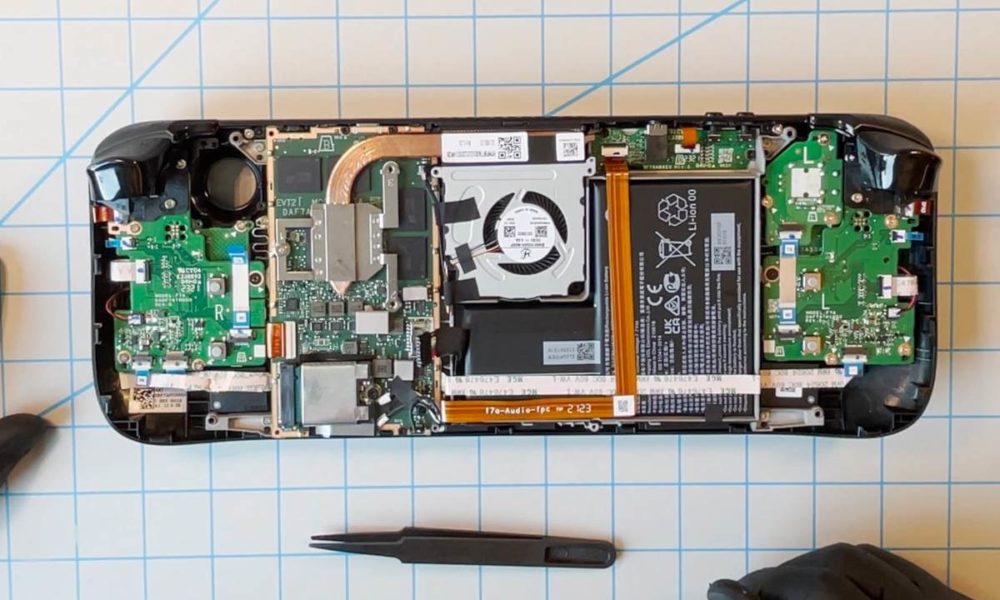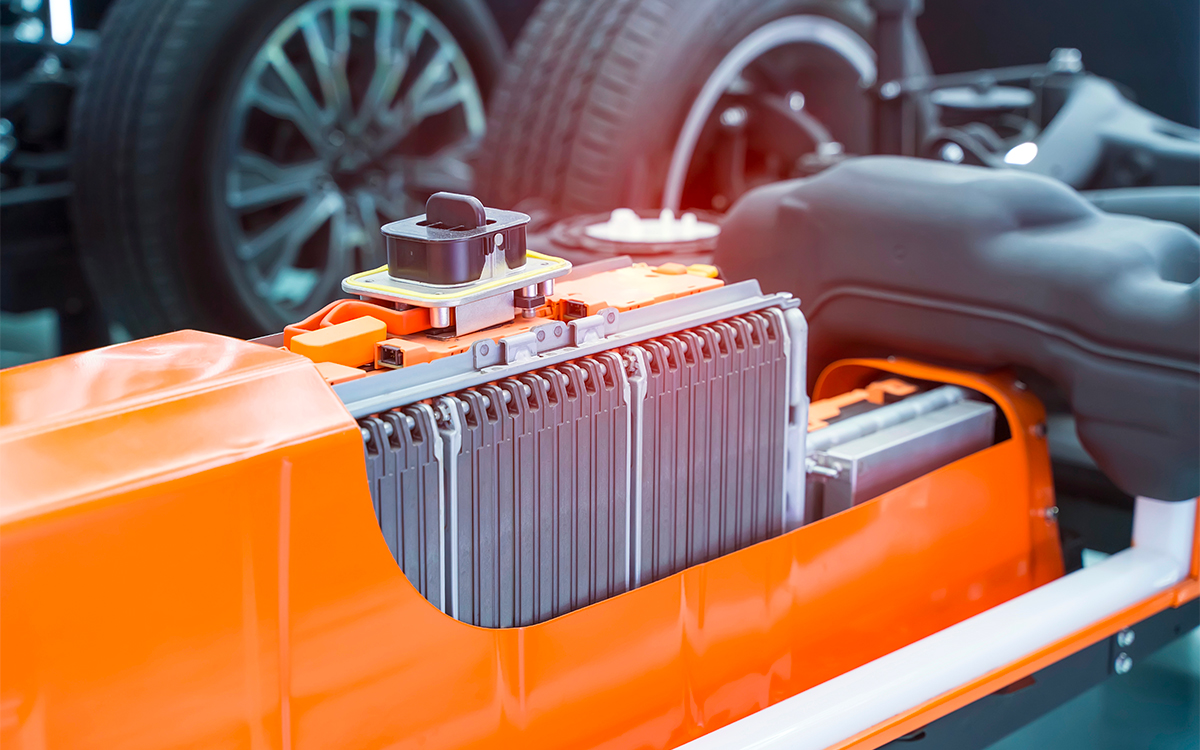
Faced with the deadlines set by the European Union, such as the ban on the sale of thermal cars, developing the production of batteries on the Old Continent has become a vital issue. And in the opinion of the European Court of Auditors, Europe must imperatively review its strategy if it wants to stay in the race.

As you probably know, Europe has set ambitious goals for the electrification of the Old Continent, starting with the famous ban on the sale of thermal cars from 2035.
Even if Germany succeeded in obtaining modifications of the text in favor of synthetic fuels, the development of the production of batteries in Europe became de facto a vital issue for the 27.
A new strategic impetus needed
As early as 2018, the European Commission shared a detailed roadmap for battery manufacturing. And almost 5 years later, the European Court of Auditors has decided to take stock of this action plan. At a time when global battery production is mainly concentrated in China, the institution believes it is necessary to provide “a new strategic impetus”.
To do this, the European Court of Auditors examined the strategic objectives and means of intervention set out in the 2018 action plan, as well as the progress made in implementing it. In addition, the institution analyzed the EU’s current and provisional battery production capacity, as well as the risks to which this capacity could be exposed.
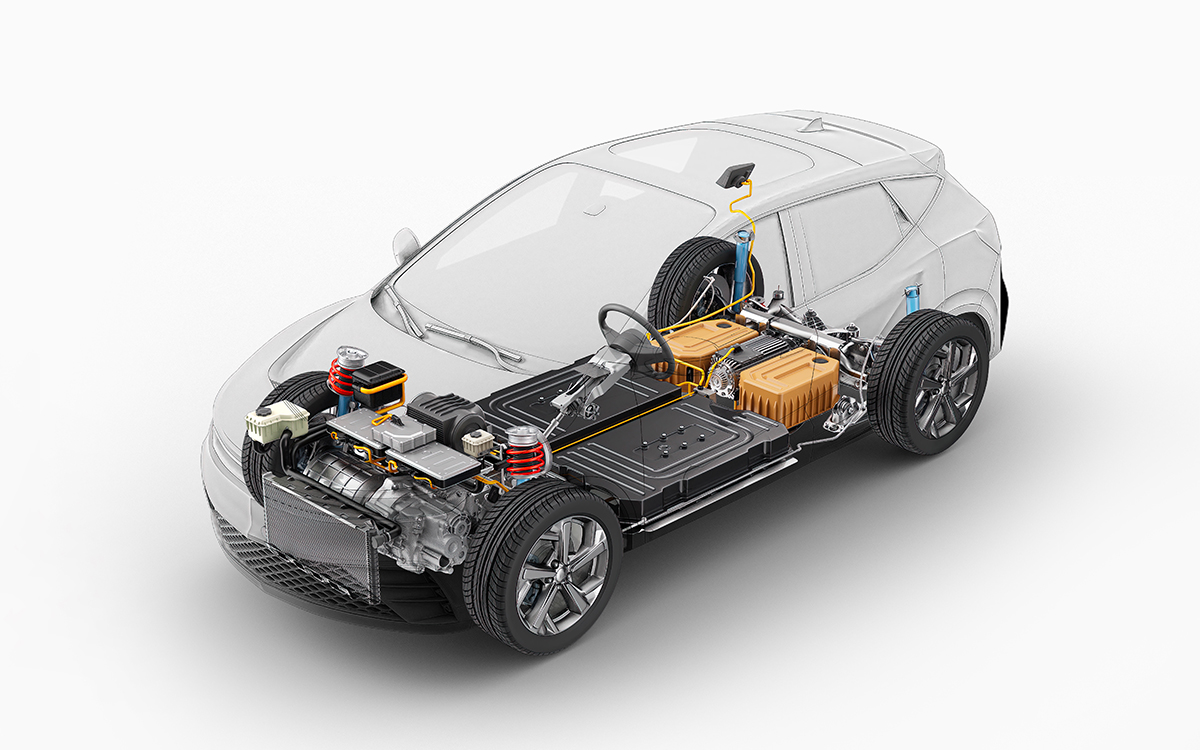
Too much dependence on foreign countries
First of all, the European Court of Auditors points the finger the excessive dependence of the EU on foreign countries regarding the supply of raw materials. As proof, 78% of cobalt, nickel, lithium, manganese and natural graphite, the rare earths used in the manufacture of batteries, come from abroad.
“About 87% of raw lithium, 68% of raw cobalt, 41% of manganese and 40% of raw natural graphite are imported from a single country”, alert the court. According to the Court of Auditors, this strong dependence could leading to a shortage of raw materials by 2030 for batteries (whether for economic or geopolitical reasons).
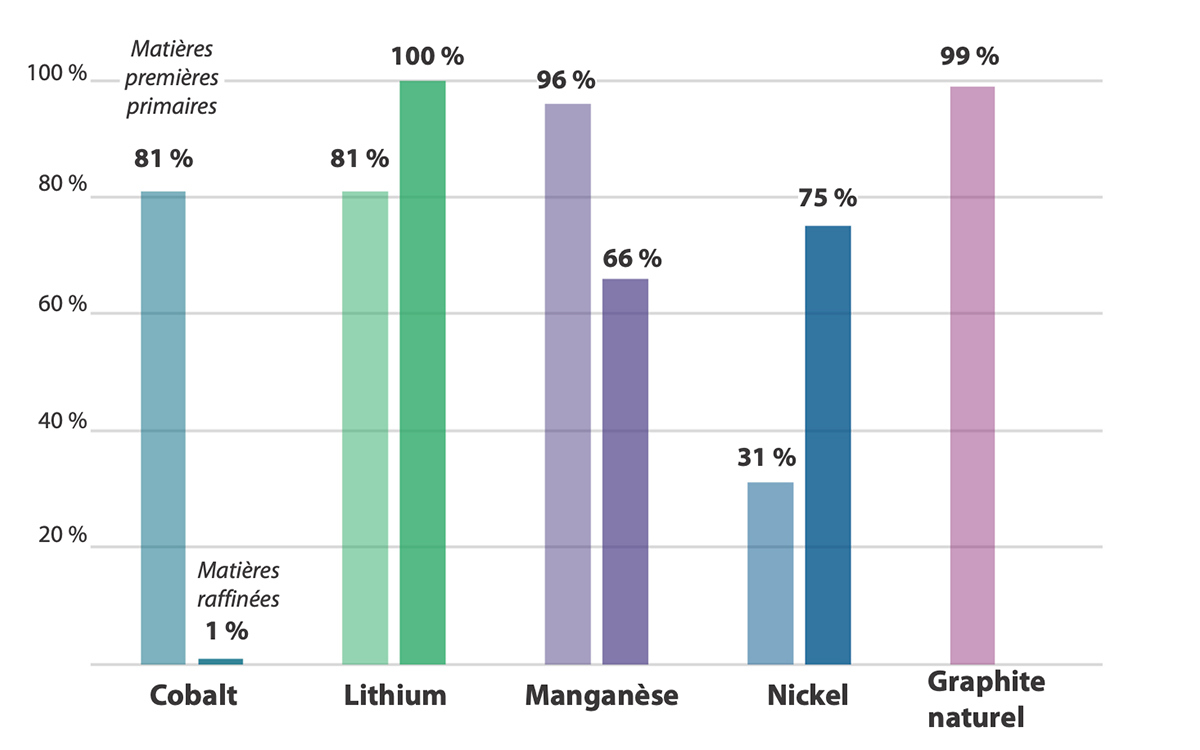
Also read: Renault Zoé – production of the electric city car is suspended
“This is explained by the combined effects of the increase in global demand, mainly due to the electrification of road transport, and the limited supply of raw materials from the EU, characterized both by its insufficiency and by its lack of flexibility, explains the report.
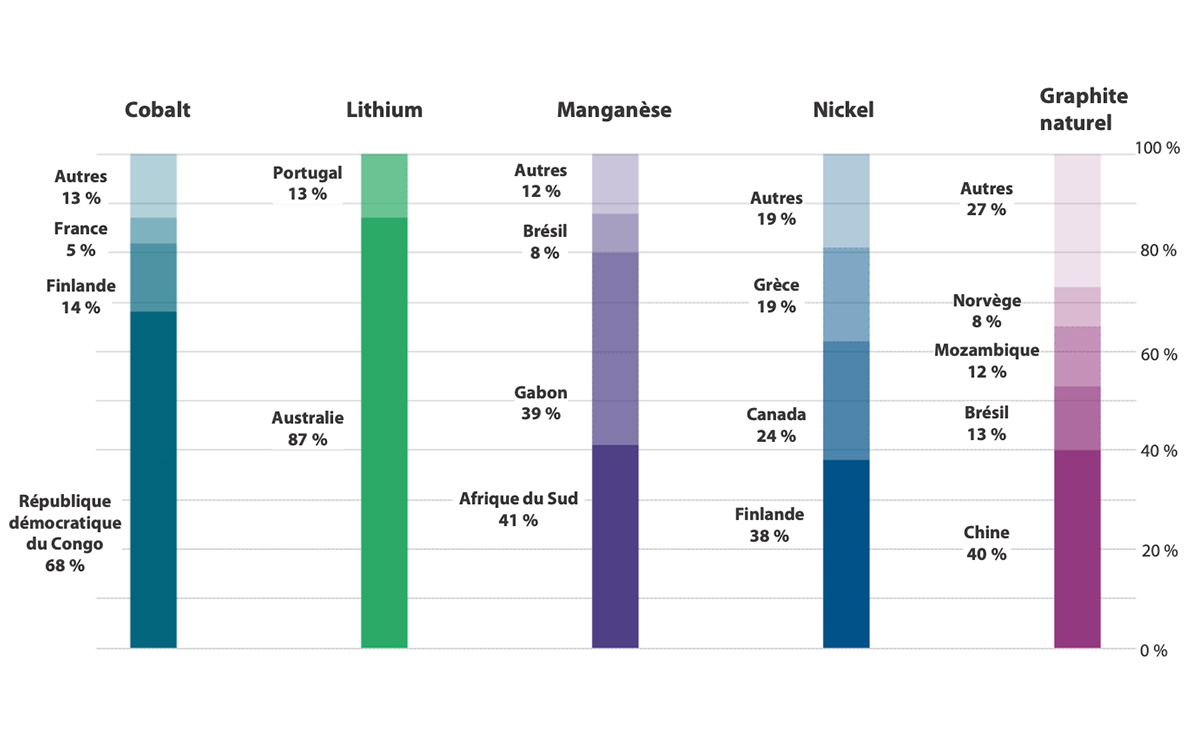
Review the regulations to attract battery manufacturers
In fact, the Court of Auditors considers that the EU must review its regulations to remain competitive and to encourage battery manufacturers to set up in Europe. On this point, the United States has implemented a series of subsidies and tax breaks to attract companies, an example to follow according to the institution.
If nothing is done, such a shortage of raw materials could inevitably lead to a drastic increase in the cost of electric cars in Europe. On this subject, many manufacturers did not wait for the conclusions of the Court of Auditors to find solutions to lower prices. This is the case of Renault with its new electric R5. To go below the symbolic bar of €25,000, the diamond brand wants to opt for a new platform, the CMF-BEV, but also for a new motor-battery combo that does not require rare earths for its manufacture.
The EU must set numerical and quantified production targets
Finally, the Court of Auditors regrets that the European Commission did not set quantified target values with deadlines in its 2018 action plan. By not estimating the level of battery production to be reached in order to double carbon neutrality objective, the chances of not waiting for the zero emissions target set in 2035 are strong.
In the summary of his report, here are the recommendations shared by the European Court of Auditors :
- update the strategic action plan for batteries, paying particular attention to securing access to raw materials
- strengthen monitoring with regular, updated and complete data
- improve the overview of EU funding for the battery value chain
- improve the coordination and targeting of EU funding for the battery value chain
- ensure that all participants in batteries of Important Projects of Common European Interest have fair access to public financial support
If we are to believe the Court of Auditors, therefore, there is still a lot of work for Europe if it wishes to remain in the race for electricity and meet the objectives set.
Source : European Court of Auditors


